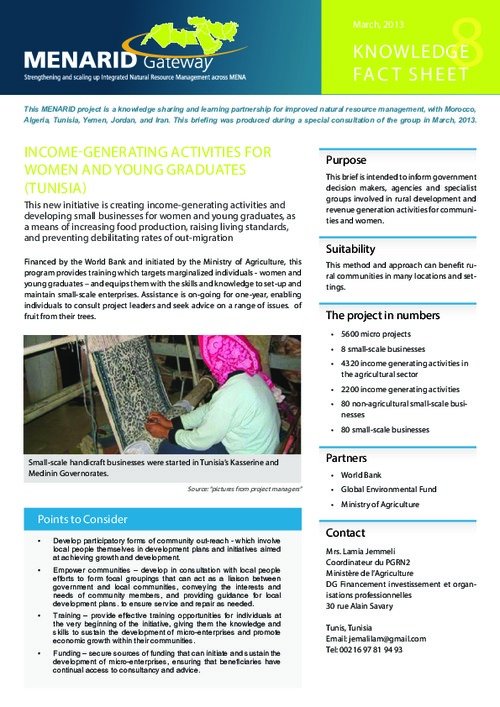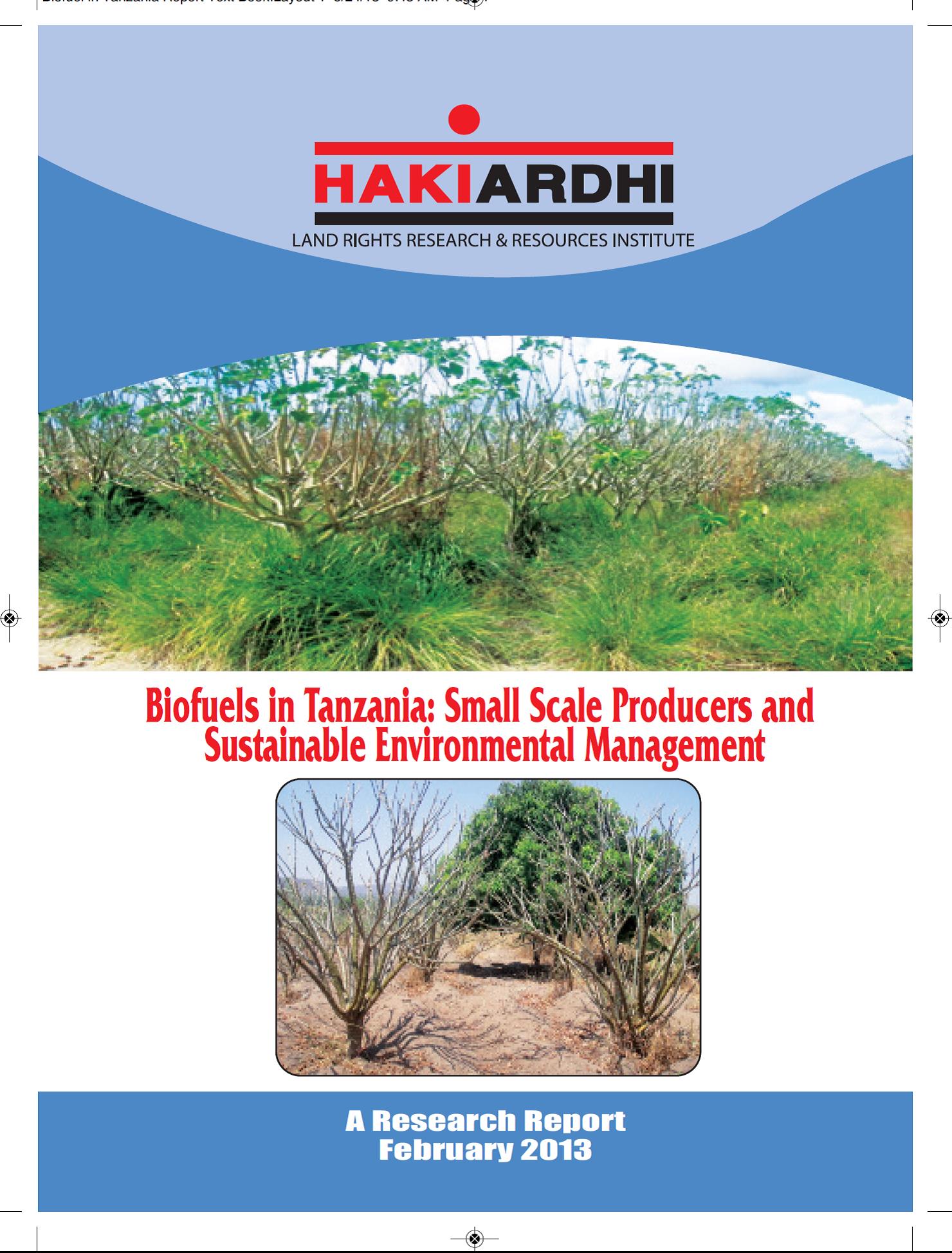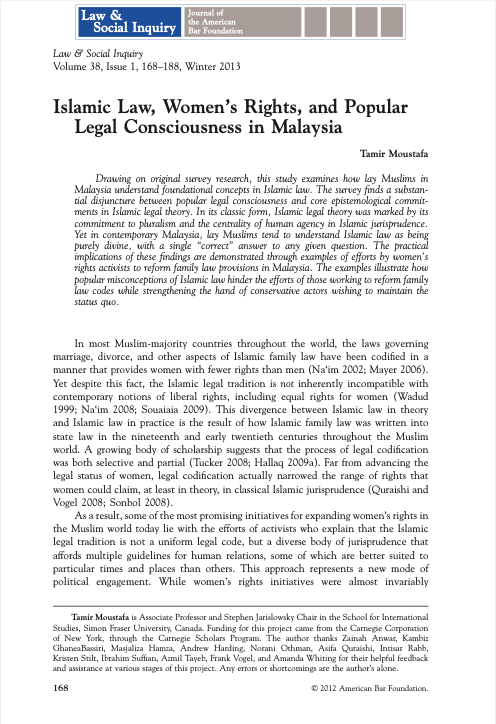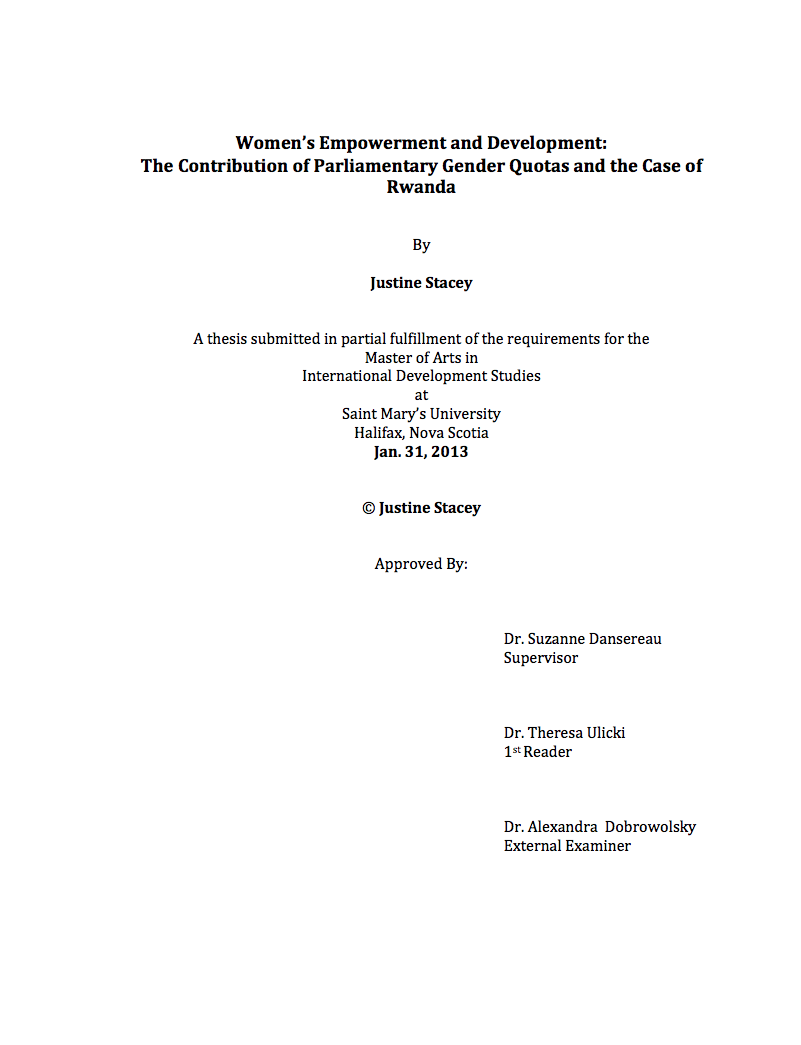Indigenous Women in Southeast Asia: Challenges in their Access to Justice
This briefing paper is prepared as part of the advocacy of the Asia Indigenous Peoples Pact (AIPP) for the respect, protection and recognition of the human rights of indigenous women. In this paper, we focus on access to justice for indigenous women in Southeast Asia facing development-induced violence.











